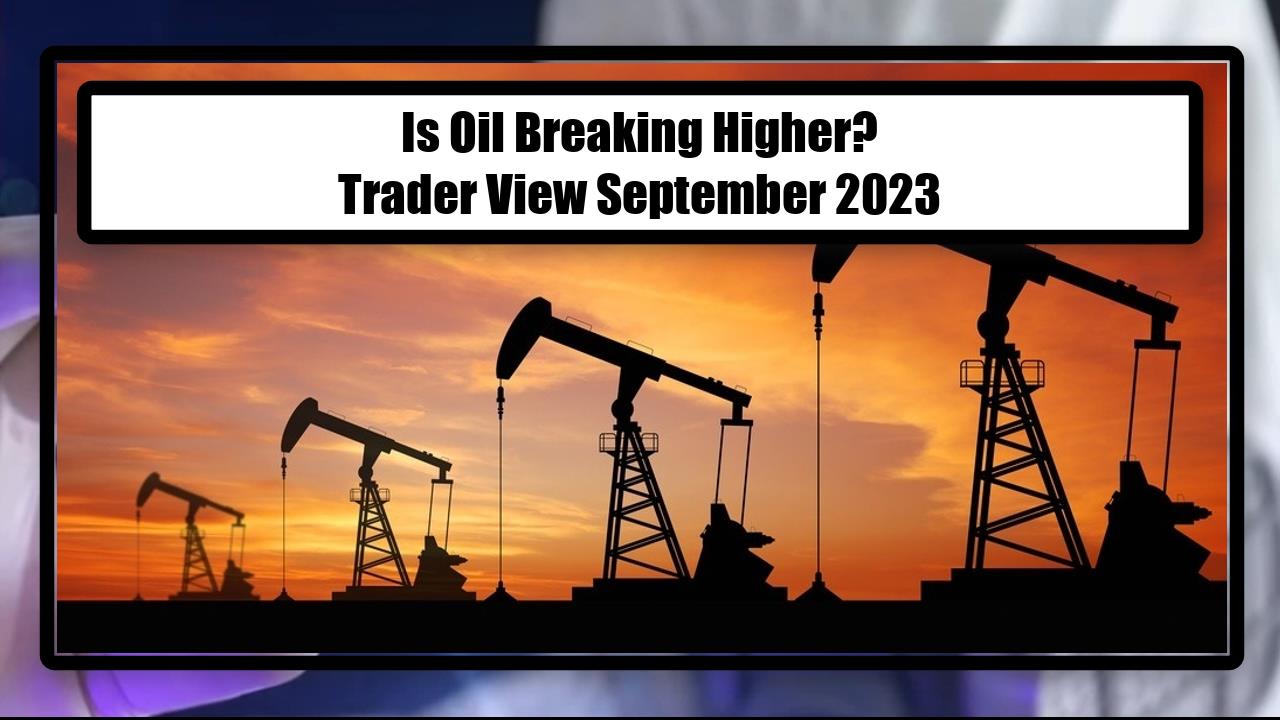Video:
Take our online poll:
AI Analysis:
The price of oil is influenced by a complex interplay of various factors, with several key issues driving its fluctuations in the global market. One of the primary determinants is the supply and demand dynamics. When global demand for oil outpaces its supply, prices tend to rise, and vice versa. Geopolitical events and conflicts in major oil-producing regions can disrupt the supply chain, causing price spikes. Similarly, economic growth in major consumer countries, like the United States and China, can drive up demand, affecting oil prices.
Another significant factor is OPEC (Organization of the Petroleum Exporting Countries) and its production decisions. OPEC, along with other major oil-producing nations, can influence oil prices by adjusting their production quotas. When they collectively reduce production, prices tend to rise, and when they increase production, prices tend to fall. OPEC's decisions are often influenced by their economic interests, geopolitical considerations, and the need to maintain stability in the oil market.
Environmental and regulatory concerns are increasingly becoming important determinants of oil prices. As the world transitions towards cleaner and more sustainable energy sources, governments and international agreements may impose stricter regulations on the oil industry, leading to increased production costs and potentially impacting supply. Additionally, the growing awareness of climate change and efforts to reduce carbon emissions can affect consumer behavior, potentially decreasing demand for oil and putting downward pressure on prices. These environmental factors are becoming more significant in shaping the future of the oil market and its pricing dynamics.
Chart:

References:


Comments